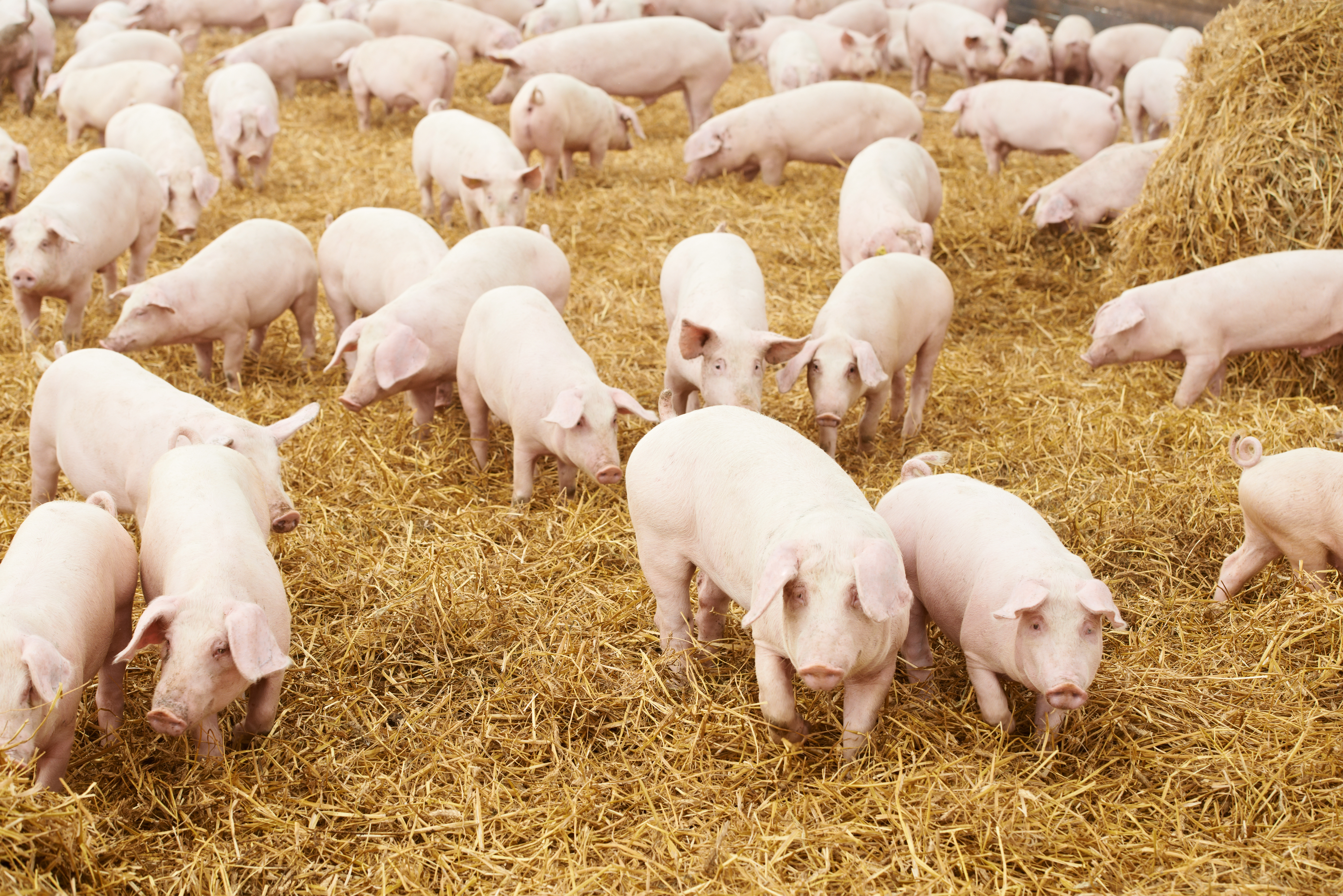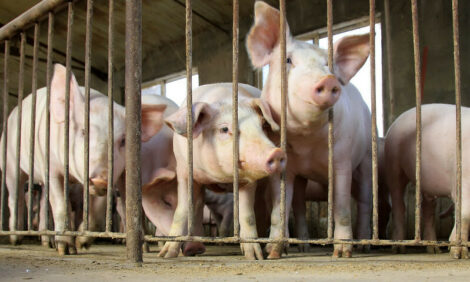



Research suggests that improvements in animal welfare do not decrease farm income
A new study published in the journal Animal Welfare finds that improvements in pig welfare do not automatically change public opinion or decrease farm income.A new, more comprehensive approach to evaluating measures to improve sow and piglet welfare in terms of their effect on farm income and public attitudes as well as animal welfare has delivered some interesting results.
The pig farming sector had already introduced improved measures to focus on single, rather than multiple, elements of animal welfare concerns, but the measures did not improve public attitudes.

This new study, which has just been published in the journal Animal Welfare, used a more comprehensive approach by evaluating individual and combined changes in husbandry methods, comparing effects on the welfare of the animals with changes in public attitudes, whilst also measuring farm income.
The study focused on common areas of concern in pig farming - piglet mortality, tail biting and the indoor housing of gestating sows, and within each focus area, four husbandry changes were assessed, including camera surveillance of farrowing, tail docking with analgesia, and provision of straw. An imitation model was developed to estimate and compare the effects of each of these measures for sow and piglet welfare, farm income at farm level and public attitudes. For the first time in a study, the model allowed different effects to be integrated and overall efficiencies to be calculated.
The results showed that the effects of the measures to improve animal welfare in pig farming were different for animal welfare, farm income and public attitudes. The most efficient combined measure in terms of welfare (straw provision, daylight and increased group size for gestating sows) still had a rather low effect on public attitudes. In effect, this means that the level of improvement of a measure on animal welfare did not necessarily equate to the same level of improvement in public attitudes or change in farm income.
The study was carried out in the Netherlands, one of the major and most influential pig industries worldwide. Co-author of the study Dr Tamara Bergstra said: “Our findings indicate that it is essential to use a more comprehensive approach for evaluating animal welfare measures that integrate animal welfare, farm income and public attitudes.” This study is a first step to disentangle these relationships.






